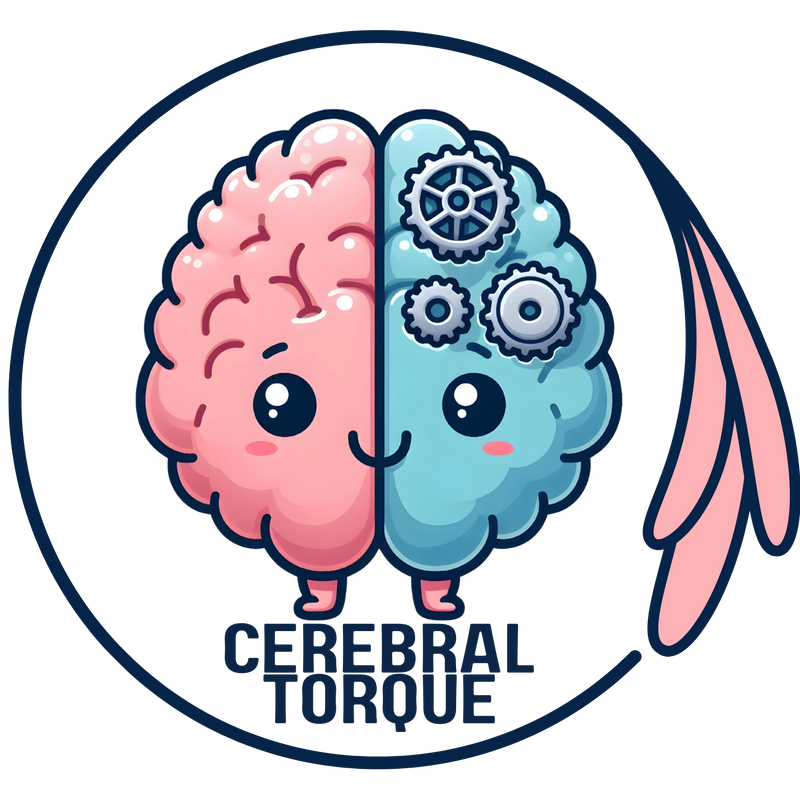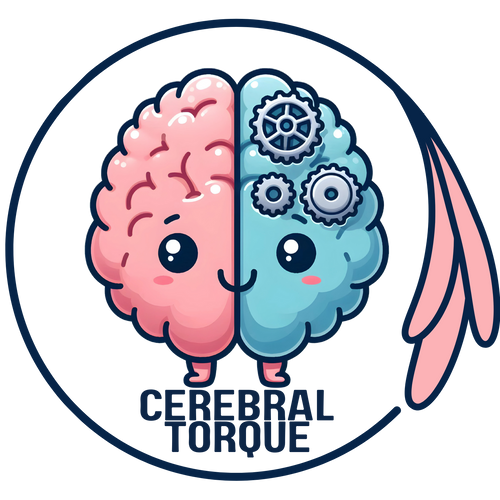A List of 50 Uncommon PREVENTIVE Migraine Medications
Posted on April 23 2023,

Below is a list of 50 PREVENTIVE migraine medications. This list is for chronic, refractory migraine patients that have not responded to first, second, or third-line preventive medications.
Many of these medications are not well-studied for migraine, may have serious adverse effects, and/or are not well-tolerated.
The ONLY purpose of this list is to start a conversation with your neurologist about the medications below. It is possible that some of these drugs will only be prescribed at a headache center specifically for chronic, refractory cases.
Every week, we will add a description to at least one medication with the available studies. Bookmark this page and come back to it on a semi-weekly basis. After every medication on this list is described with sources, we will move on to acute migraine medications that are less commonly used.
- Milnacipran (SNRI)
- Venlafaxine (SNRI) - considered a 2nd line preventive, but belongs with the other SNRIs
- Desvenlafaxine (SNRI)
- Duloxetine (SNRI)
- Telmisartan (ARB)
- Methylergonovine (ergot alkaloid)
- Lamotrigine (anticonvulsant)
- Depakote (anticonvulsant)
- Levetiracetam (anticonvulsant)
- Metformin (antidiabetic, biguanide)
- Clopidogrel (antiplatelet)
- Memantine (NMDA receptor antagonist, antidementia)
- Amantadine (NMDA receptor antagonist, antiviral)
- Ketamine (NMDA receptor antagonist, general anesthetic, analgesic)
- Mexiletine (antiarrhythmic)
- Lidocaine (anesthetic, antiarrhythmic)
- Bupivacaine (anesthetic)
- Acetazolamide (carbonic anhydrase inhibitor, diuretic)
- Haldol (1st gen antipsychotic)
- Haloperidol (1st gen antipsychotic)
- Droperidol (1st gen antipsychotic)
- Chlorpromazine (1st gen antipsychotic)
- Fluvoxamine (SSRI)
- Fluoxetine (SSRI)
- Buspirone (anxiolytic)
- Flunarizine (calcium channel blocker)
- Amlodipine (calcium channel blocker)
- Estrogen (hormone)
- Timolol (non-selective beta blocker)
- Nebivolol (selective beta blocker)
- Bisoprolol (selective beta blocker)
- Clonidine (central alpha agonist)
- Hydroxyzine (1st gen antihistamine)
- Cyproheptadine (1st gen antihistamine)
- Desipramine (tricyclic antidepressant)
- Doxepin (tricyclic antidepressant)
- Mirtazapine (tetracyclic antidepressant)
- Clonazepam (benzodiazepine, antidepressant)
- Phenelzine (MAOI, antidepressant)
- Cannabidiol (cannabinoids)
- Baclofen (muscle relaxant)
- Low dose naltrexone (opioid antagonist)
- Amiloride (K-sparing drug diuretic)
- Spironolactone (K-sparing diuretic, aldosterone receptor antagonist)
- Lisinopril (ACEi)
- Butterbur (No)
- ALA (No)
- THC (only some states)
- Psilocybin (hallucinogen, only some states)
- CBN with melatonin
Mon, Nov 17, 25
Migraine Research - During the week of my absence.
Migraine Research - During the week of my absence. The Association Between Insomnia and Migraine Disability and Quality of Life This study examined how insomnia severity relates to migraine disability...
Read MoreSat, Nov 01, 25
Anti-CGRP Monoclonal Antibody Migraine Treatment: Super-Responders and Absolute Responders and When to Expect Results
Anti-CGRP monoclonal antibodies achieved 70% super-response and 23% complete migraine freedom in a one-year study. Most dramatic improvements occurred after 6 months of treatment. For patients with chronic or high-frequency...
Read MoreAll Non-Invasive Neuromodulation Devices for Migraine Treatment
Wondering if migraine devices actually work? This guide breaks down the latest evidence on non-invasive neuromodulation devices like Cefaly, Nerivio, and gammaCore. Learn which devices have solid research backing them,...
Read More



